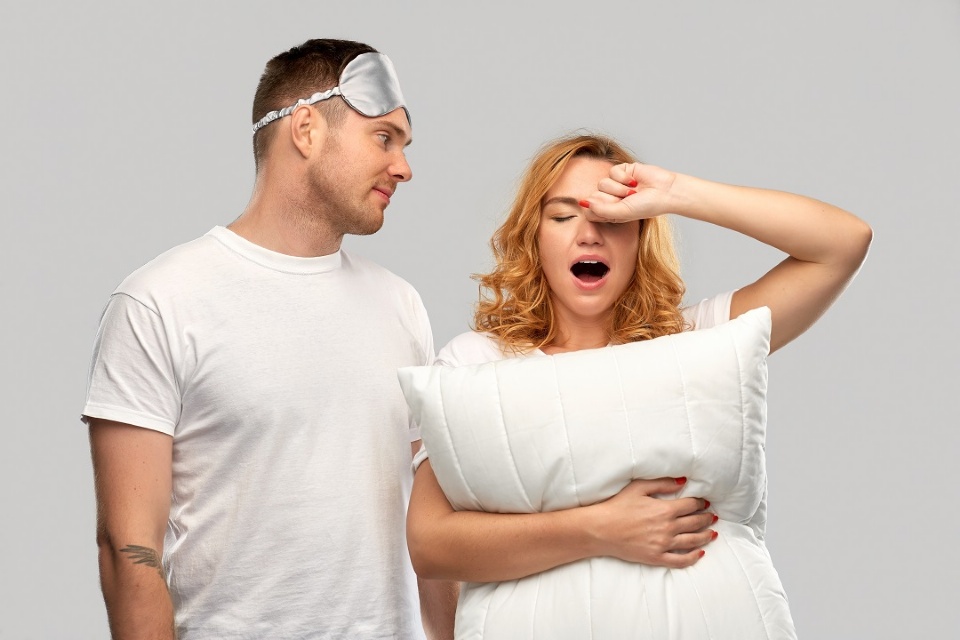Why is it so important to get a good night’s sleep? Your body depends on it. Getting adequate sleep helps boost mood and memory. The immune system requires a full eight hours of sleep in order to better fight off any viruses that may be lingering in the body. Sleeping in may actually help increase productivity. Sleep can even support better creativity as the brain’s electrical patterns change. Ensuring your eight hours of sleep is vital for physical health just as much as emotional health.
So how do we actually get better at sleeping? Setting up a routine for sleep is important. Making sure to go to bed and wake up at the same time every day will help your body find its natural sleep rhythm. If napping is required, keep it to a maximum of 15 to 20 minutes to reduce the risk of shifting the sleep pattern and causing nighttime insomnia.
Be physically active for at least 30 minutes a day to improve nighttime sleeping. It may take a few weeks of being active to reap the benefits, but eventually the body will shut down on its own to regenerate. Start resting about an hour before actually going to bed. Stop doing stimulating activities and allow time to wind down. Some techniques might be to meditate, breathe slowly, take a warm bath or read a book. Some might like to journal ideas or write checklists. This will let you to write what you are thinking on paper in order to get it out of your head, thus allowing the brain to shut off while sleeping.
Manage your daytime stress for a better night’s sleep. Prioritize, share tasks, and getting organized can help relieve some everyday stress. Include meditation or light breathing throughout the day. Science has proven that it may help lower anxiety and promote positive wellbeing.
Change the lighting to set the mood. Switch to soft white light bulbs or dim the lighting low to favour relaxation before going to bed. Opt for blackout curtains to reduce any light coming through the window. Remove any items that omit light like alarm clocks, cellphones or night-lights. The use of an eye mask can help shut out lights around you that cannot be turned off.
Get comfy. Literally. Ensure that your mattress is the right amount of softness or firmness that is preferred. Make sure the sheets and blankets are spread out enough to have room to move about in bed. Ensure the pillow is not too flat or too high for your neck. Set the room temperature to slightly cool. A hot or cold room will not favour a restful sleep. Create a relaxing room environment where the bed is just for sleeping. This will re-wire the brain to automatically associate the bed with sleeping.
Make sleep a daily priority and your body will thank you. Focus on implementing these tips one step at a time and see what works best for you. Persistence is key when trying to create a new habit. Happy sleeping!

 In The Latest Issue:
In The Latest Issue:


 BY:
BY: 

Tweet
Share